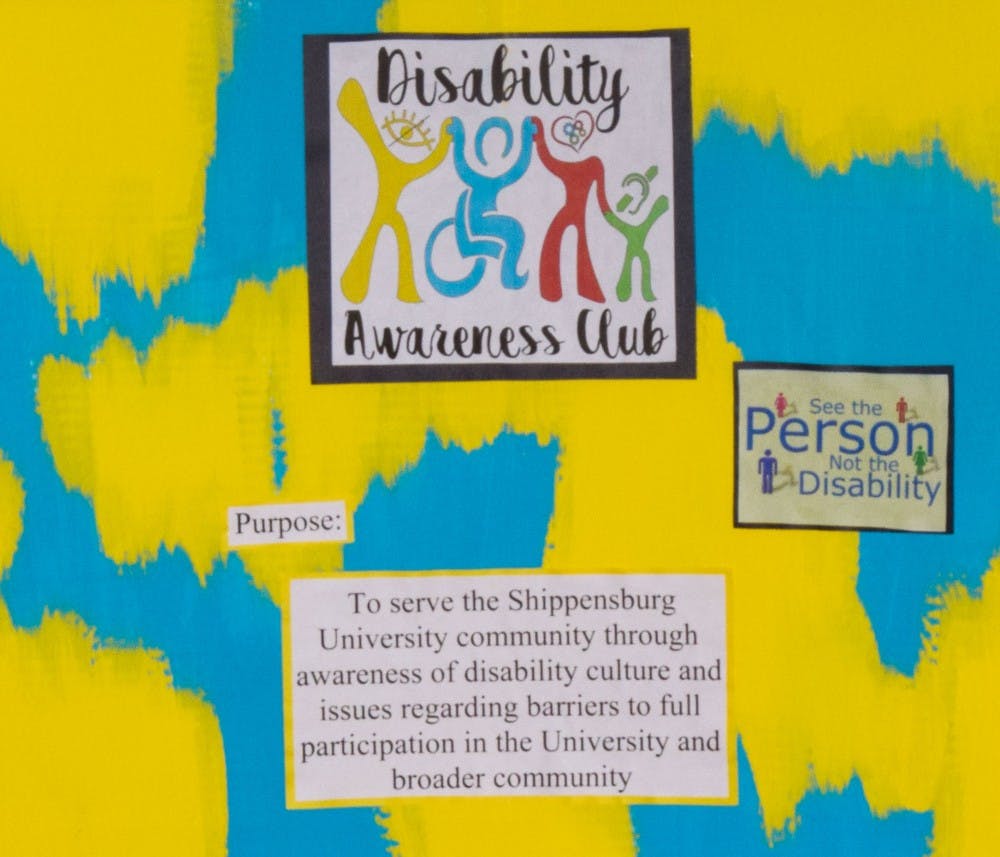Author Ruthie Marie Beckwith visited Shippensburg University to explore the history of unpaid work by people with disabilities during a lecture held on Nov. 16.
The lecture was held at 5 p.m. in SU’s Old Main Chapel, and was sponsored by SU’s disability studies department.
Beckwith is the executive director of TASH, a nonprofit organization and international leader in disability advocacy. Beckwith discussed the history of unpaid work in both private and public institutions by people with disabilities and the resulting lawsuits that demanded people with disabilities be compensated for their work.
Rosewood, Pennhurst, Clover Bottom and the Massachusetts School for Idiotic and Feeble-Minded Children were examples of institutions that faced lawsuits for their dehumanizing acts upon patients with disabilities.
These institutions forced disabled patients to perform the majority of chores and maintenance work at the facilities. Their duties consisted of collecting produce from the institution’s farms, baking, sewing and constructing new building facilities.
“People assume that those who are disabled have a lousy work ethic and will need special accommodations and it’s our duty as a society to look past that image,” SU student and disability studies minor Oliva Guerin said.
After law suits were filed against the institutions, a movement began throughout state-operated facilities to improve working conditions for disabled workers.
The Fair Labor Standards Act, ratified in 1961, specified that coverage is automatic for schools, hospitals, nursing homes or other residential care facilities. The amendment forced institutions to pay its disabled workers minimum wage, while also being compensated based on the value of their work.
“The bottom line is that people did not earn anything, go anywhere and were exploded,” Beckwith said. “There is now a huge shift in understanding what people are capable of.”





The Slate welcomes thoughtful discussion on all of our stories, but please keep comments civil and on-topic. Read our full guidelines here.